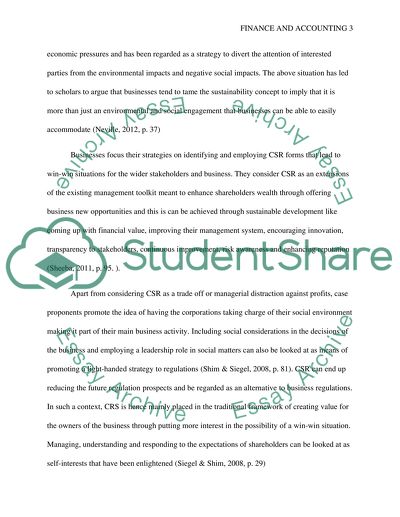Cite this document
(“Advanced Financial Accounting; Corporate Social Responsibility Essay”, n.d.)
Advanced Financial Accounting; Corporate Social Responsibility Essay. Retrieved from https://studentshare.org/finance-accounting/1475726-advanced-financial-accounting-corporate-social-responsibility
Advanced Financial Accounting; Corporate Social Responsibility Essay. Retrieved from https://studentshare.org/finance-accounting/1475726-advanced-financial-accounting-corporate-social-responsibility
(Advanced Financial Accounting; Corporate Social Responsibility Essay)
Advanced Financial Accounting; Corporate Social Responsibility Essay. https://studentshare.org/finance-accounting/1475726-advanced-financial-accounting-corporate-social-responsibility.
Advanced Financial Accounting; Corporate Social Responsibility Essay. https://studentshare.org/finance-accounting/1475726-advanced-financial-accounting-corporate-social-responsibility.
“Advanced Financial Accounting; Corporate Social Responsibility Essay”, n.d. https://studentshare.org/finance-accounting/1475726-advanced-financial-accounting-corporate-social-responsibility.


